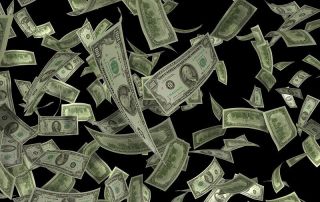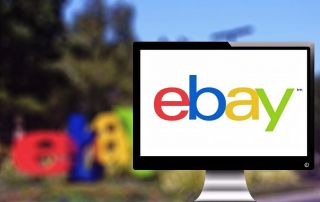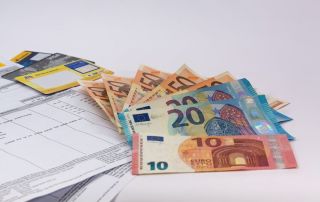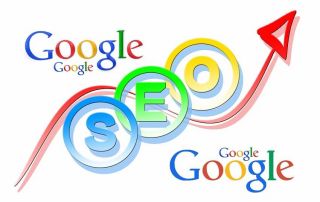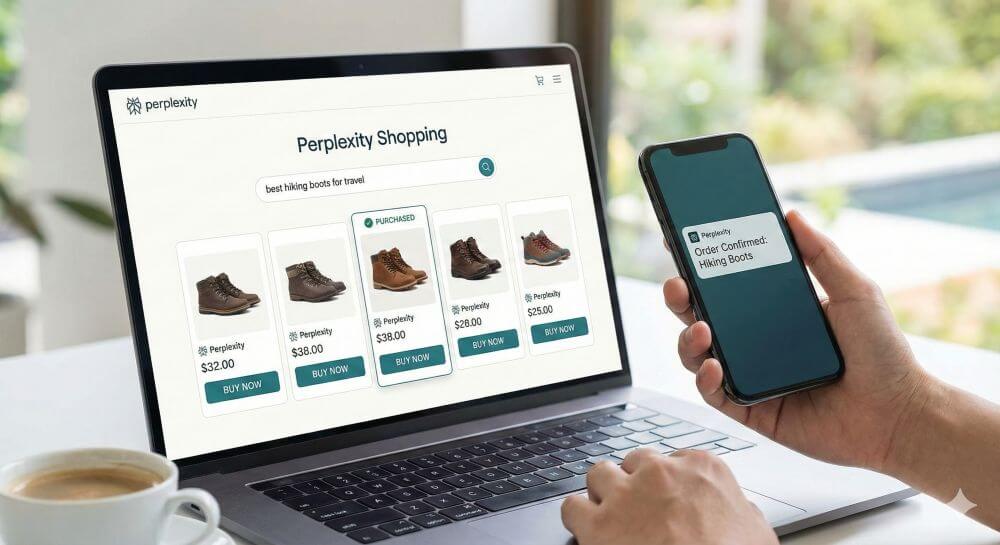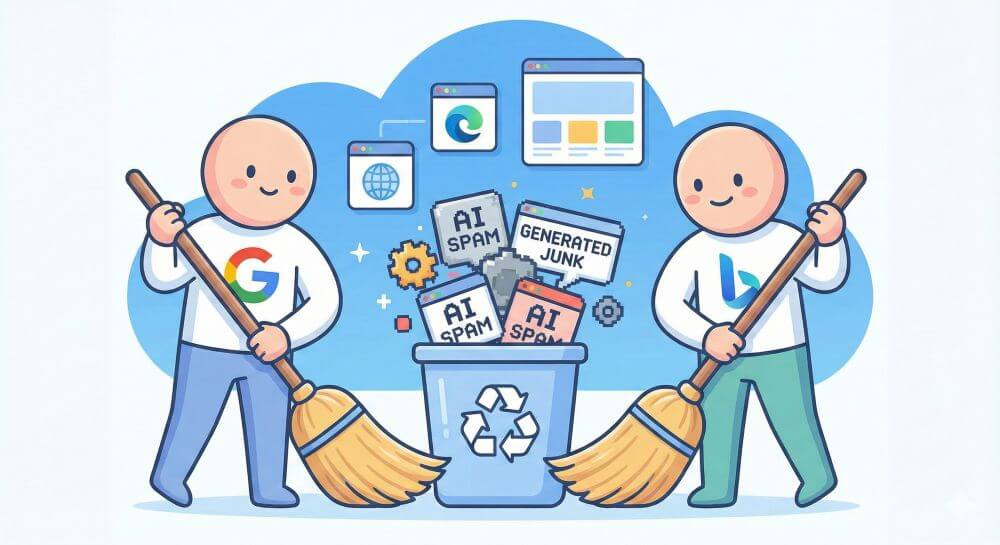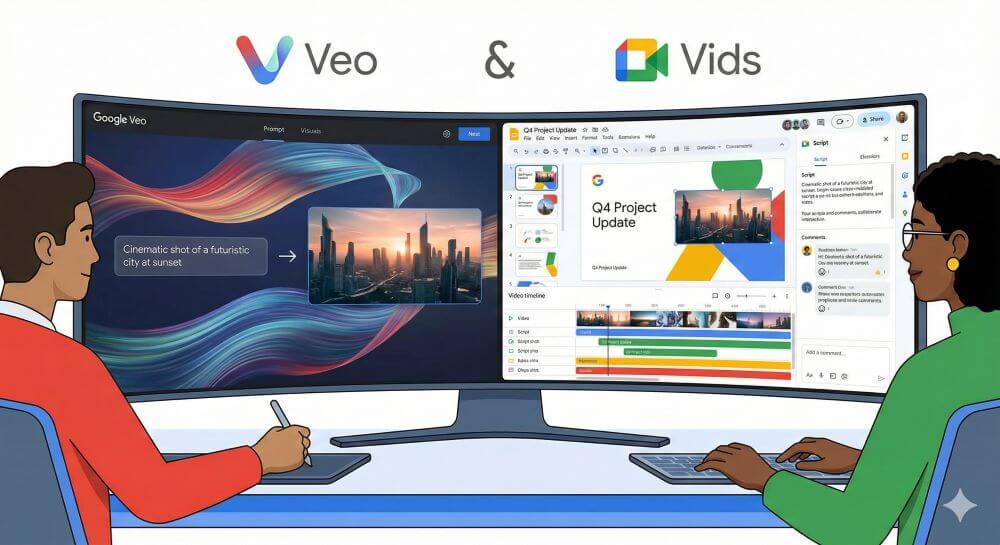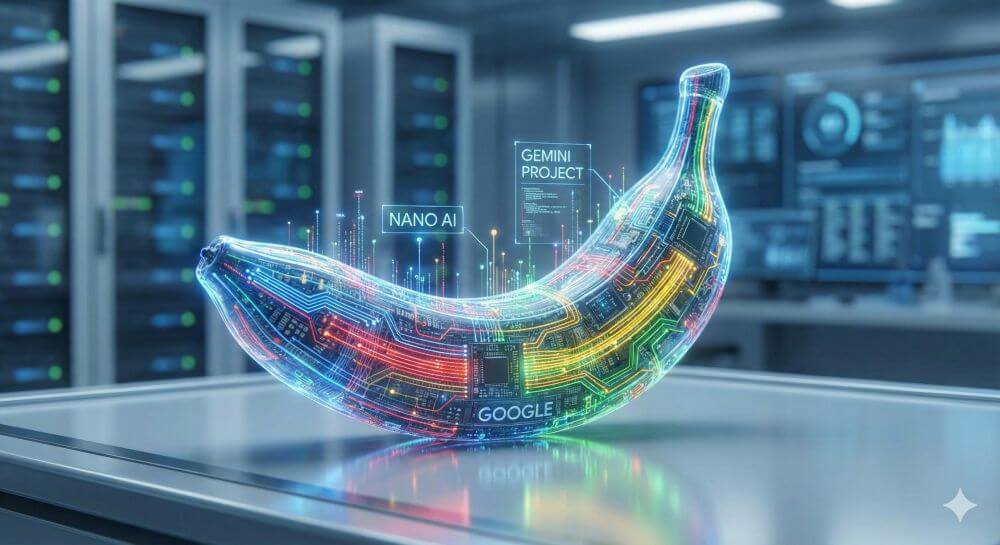Netflix Algorithm 2026: How AI Controls Your Taste
It’s a Wednesday evening in November 2025. You open Netflix, determined to watch that one French arthouse film a colleague recommended. But 30 seconds later, you click on the latest action blockbuster. Was that free will? Probably not.
Netflix is no longer a media company, but a data corporation. While we think we’re consuming films, the algorithm is consuming us. It measures not only what we watch, but how we watch—down to the millisecond. By 2026, this technology will have reached a level of precision that delves deep into behavioral psychology.
We take a look inside the engine room: How AI controls your decisions before you even make them.
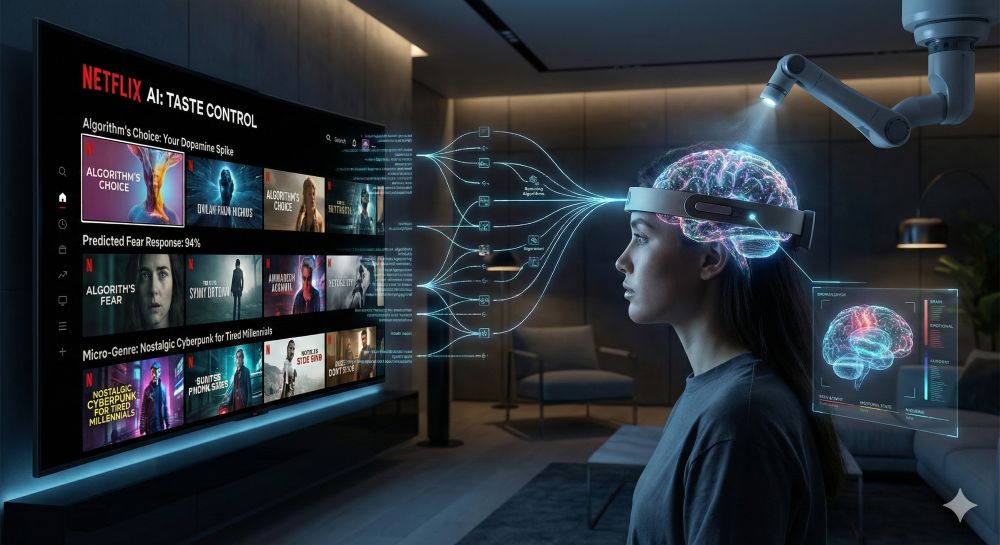
The illusion of choice: The “Personalized Artwork”
The dictatorship of the “retention rate” (Why series start so quickly)
Have you noticed that TV series intros have become increasingly shorter in recent years, or that the plot often begins in medias res (right in the middle of the action)? This isn’t an artistic trend; it’s data analysis.
Netflix knows exactly when users stop watching!
- The 5-minute hurdle: If a user pauses or picks up their phone within the first 5 minutes (measurable via app interaction), the likelihood of them finishing the series drops drastically.
- The “hook”: Scripts are often written with data in mind these days. AI signals to producers: “A plot point has to happen in minute 3, otherwise we’ll lose the ‘young adult’ target audience.”
The “skip intro” feature isn’t just a nice touch. It’s a tool for optimizing addiction. It removes the “friction.” Every second of downtime is a second in which the viewer might think: “Shouldn’t I actually be going to sleep?” The button solves this problem by accelerating the dopamine rush of the next scene.
The micro-genre system: Beyond “action” and “drama”
Anyone who thinks Netflix sorts films into categories like “comedy” or “horror” is oversimplifying things. Years ago, Netflix employed human “taggers” who tagged content with thousands of metadata points.
By 2026, AI will combine these tags into micro-genres. There are over 70,000 of them. Examples of such internal categories are:
- “Dark Scandinavian crime dramas with a strong female lead in her 40s.”
- “Visually stunning sci-fi films about artificial intelligence from the 2010s.”
When Netflix tells you: “Because you watched Dark…”, it’s not looking for other German series. It’s looking for matches in these extremely specific micro-tags (atmosphere, pacing, color palette). This creates the “echo chamber effect”: We are pushed deeper and deeper into a niche and hardly discover any content that does not correspond to our previous pattern.
Predictive Greenlighting: The algorithm as producer
The most profound change, however, is happening behind the scenes. Netflix no longer buys series based solely on gut feeling.
Back in 2013, House of Cards was ordered because data showed that people liked David Fincher, they liked Kevin Spacey, and they liked the British original. Today, in 2026, predictive greenlighting is standard practice. Before a series is even filmed, AI can simulate:
- How many of the 280 million subscribers will watch the first episode?
- How many will finish the season (completion rate)?
This explains why so many series are canceled after season 1 or 2, even if they have a fan base. The algorithm calculates the “lifetime value” of a series. If a series doesn’t attract new subscribers and existing ones only watch it casually, it’s worthless to the algorithm—no matter how good the reviews are. Art becomes a mathematical equation.
Conclusion: Who controls the remote control?
Netflix’s technology is both fascinating and frightening. It serves us entertainment with a precision no linear TV channel could ever achieve. But the price is our autonomy.
We no longer discover; we are fed. When we scroll through Netflix in 2026, we’re not looking at a video store—we’re looking in a mirror that shows us exactly what we want to see so we never switch off.
Beliebte Beiträge
Is crypto mining worth it and how does it work?
Discover how crypto mining works! Learn the steps from setting up the right mining hardware to using mining pools and securing your cryptocurrencies.
The limits of limitless growth
Can there be limitless economic growth with today's models. And how sustainable is that? What alternatives are there? In this article we want to take a critical look at our current global economic model.
Amazon Prime Lite Video – Cheaper plan with ads
After Freevee, a free streaming service, was established in Germany, a new variant, Prime Lite Video, is currently being tested.
Immerse yourself in the world of auctions – A cheerful chronicle of eBay
Join us on a merry ride through the Ebay chronicle. And how we managed to turn Ebay into a billion-dollar company. As so often, the start begins in a small garage in the middle of nowhere.
Immediate transfer free of charge within the EU
Sofortüberweisung will be free of charge within the EU in the future. This could be a real competitor for PayPal and other payment service providers where payments are executed immediately compared to traditional bank transfers.
Google My Business: The success factor for local businesses
Google My Business for Local Businesses: The Road to Success. Discover the advantages and conquer the local search results!


